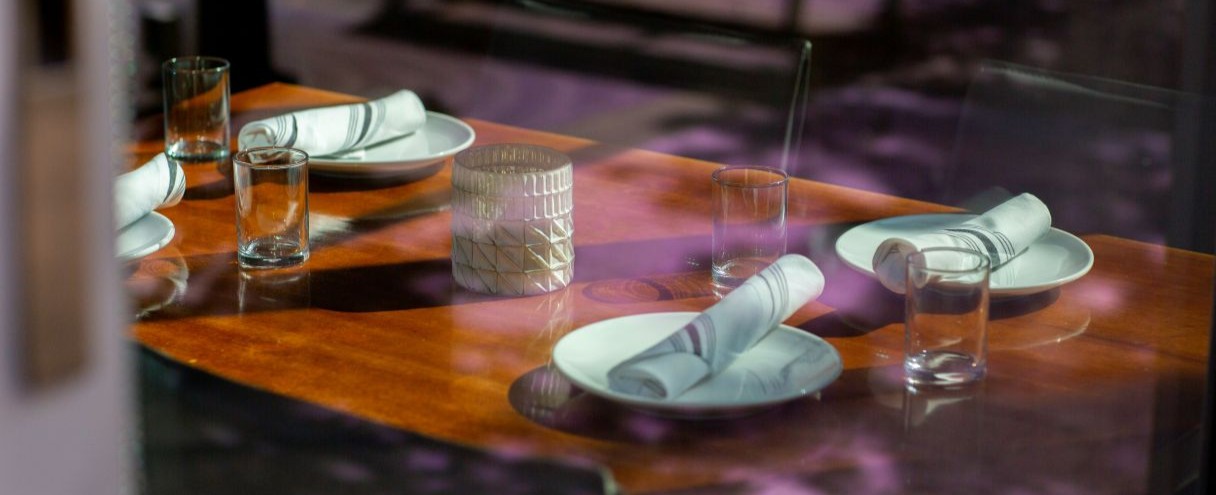Restaurants are going all-in on cloud-based POS systems, and for good reason. Real-time sales data, seamless app integrations, mobile ordering, loyalty programs. It’s the tech backbone for modern operations. However, as your restaurant becomes more sophisticated, the threats do too.
Data breaches. Ransomware. Phishing attempts. One wrong click or misconfigured setting, and your POS could shift from a profit center to a liability.
This isn’t scare tactics, it’s reality. And if you’re a restaurateur, virtual brand operator, or POS reseller, it’s time to take cybersecurity as seriously as your food safety checklist.
Cloud POS: A New Level of Convenience and Risk
Let’s be clear: cloud POS is a game-changer. You can run your business from anywhere, update menus on the fly, and sync orders across platforms like DoorDash or Uber Eats. But with all that power comes exposure. Payment data, guest info, and business insights are no longer locked inside your building, they’re traveling through networks you don’t fully control.
And with high-profile restaurant breaches making headlines, securing that data isn’t just IT’s job. it’s yours too.
Here’s what restaurant operators are dealing with:
Hacking & Data Breaches: Cybercriminals hunt for weaknesses in your network or POS provider to steal card data and customer info.
Ransomware: They lock down your entire system, then demand money to unlock it. No POS = no business.
Phishing Scams: A fake login email tricks your manager into handing over access.
Employee Misuse: One careless (or disgruntled) staff member can leak data or install malware.
Weak Passwords: “123456” is no longer sufficient. Brute-force attacks are automated now.
Hardware Tampering: Infected USBs or skimmers plugged into your POS? It still happens.
Add cloud-specific issues like insecure integrations, poor API security, or gaps in vendor responsibility, and you’ve got a long list of what could go wrong.
Choose a Trusted POS Vendor
Look for ones with proven security practices, such as PCI DSS certification, audit trails, and public-facing protocols.
Lock Down Access
Strong, unique passwords. Role-based permissions. And change passwords when staff leave every time.
Turn On MFA Everywhere
Yes, it adds one more step to the login. But it can stop 99% of credential attacks.
Train Staff Like It’s 2025
Cybersecurity training isn’t optional anymore. Make phishing drills and data hygiene part of the monthly routine.
Separate Your Networks
Your POS should never share Wi-Fi with guests. Ever. Use a firewall. Change the router password. Don’t keep factory defaults.
Stay Updated (No Excuses)
Schedule POS and tablet updates. Ask vendors about their patch schedule. Don’t delay critical fixes.
Backups Save Lives
Enable automatic backups for everything: sales, menus, configs. Test them. Don’t wait for an outage to find out they’re broken.
Monitor. Everything.
Use logs to track login attempts, off-hours activity, and access from unusual devices. Set up alerts for red flags.
- Tokenize Card Data: Don’t store card numbers. Let your payment processor issue secure tokens.
- Vet All Vendors: If your POS integrates with third-party apps (loyalty, delivery, etc.), make sure they’re secure too.
- Limit Custom Code: Every extra plugin or script increases your risk. Audit them annually.
Treat Cybersecurity Like Your Business Depends on It, Because It Does
Cloud POS can power your growth, but only if it’s secure. If you’re a reseller, partner, or operator, it’s time to bring security into every deal, every onboarding, and every software decision.
Protect your data. Protect your guests. And protect your margins.
Because the only headlines you want to make are about great food, not a data breach.




